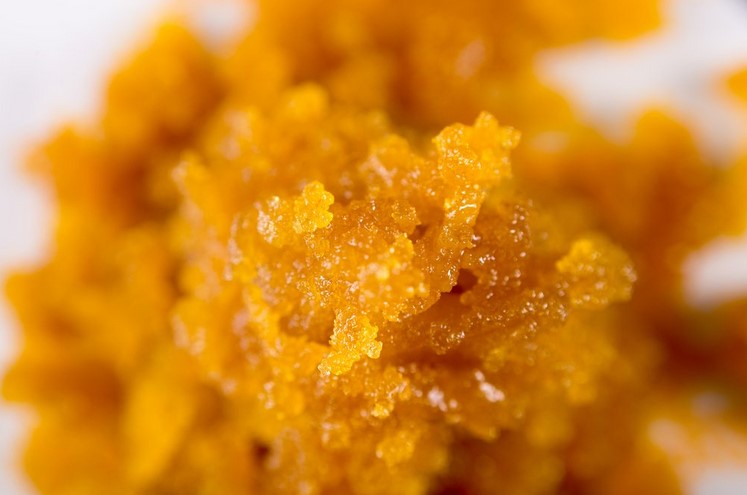
If you’re a dabber, there are many benefits to using solventless concentrates. Apart from being more potent, they are also safer and cheaper. Listed below are some of the most important benefits of solventless concentrates.
High Potency
If you’re a cannabis patient, you’ve probably come across the terms “solventless” and “solvent-free.” While they are often used interchangeably, they mean different things. Knowing the differences between these products will help you determine which one is right for you. While solvent-based concentrates use chemical solvents, solventless concentrate Bay Area is created through solvent-free extraction.
Solventless extraction processes produce high-quality, flavorful concentrates without leaving any residue after dabbing. Many solvent-free concentrates are bubble hash and rosin, the two most commonly available products. Solventless extraction is also legal in many states, and home rosin presses are becoming increasingly popular.
Lesser Impurities
Solventless concentrates are made by repressing terpene-rich rosin at a low temperature (55-60oC), passing it through a 25-micron filter. The resulting concentrate separates into two fractions. The yellow/white crystal textured THC-A fraction is filtered out of the concentrate, while the high-terpene sauce oozes onto parchment paper. Solventless concentrates have several advantages over traditional BHO extraction.
First of all, solventless concentrates have fewer impurities than solvent-based products. It is because soluble-based extractions use solvents, requiring careful temperature control. Solvent-free concentrates do not use solvents, so they are considered higher-quality products. Despite the name, water is still a common solvent used to extract cannabinoids.
Soluble-based extracts have a reputation for being potentially dangerous. Recently, illicit markets have been responsible for deadly fires and explosions. Additionally, the vape gate has caused respiratory issues among the public. So, there is a great deal of negative press about solvent-based concentrates. And most of that attention can be attributed to their manufacture in hazardous conditions. Nevertheless, solventless concentrates are preferred for medical marijuana and other legal products.
Safer To Use
Solventless extracts are safer than traditional methods as they contain less impurities. However, chemical-based solvents have an immense carbon footprint and can pollute water supplies. Furthermore, they release volatile organic compounds (VOCs), a growing concern in the cannabis industry. A recent Denver, Colorado study found that cannabis-based VOCs cause increased ozone levels. Exposure to high levels of these compounds is associated with respiratory irritation, liver damage, and some cancers.
One of the benefits of using solventless extracts is the increased return on investment. Craft rosins, for example, sell for more than $100 per gram. While the demand for these products is high, production is far slower than with BHO products. In some cases, multiple runs of the same plant material can produce middle-grade rosins, edibles, and kief. These benefits make solventless concentrates a more economical choice for recreational users.
Cheaper
If you’re on a budget, you might consider buying cheap solventless concentrates, such as rosin and BHO shatter. These cannabis extracts are often cheaper than traditional oils, and you can get a higher yield per gram. However, butane extraction isn’t for everyone. While craft rosin sells for over $100 a gram, many consumers don’t like the harsh taste of a high-grade product. In addition, craft rosin production takes a long time compared to BHO extraction, which is relatively easy. Many people can produce middle-grade rosins and edibles with several runs of the same plant material.
One advantage of solventless extractions is that they typically contain less impurities. However, solvent-based extractions may not have an enormous carbon footprint, but they pollute local water supplies and emit volatile organic compounds (VOCs) into the atmosphere. It is an important issue in the cannabis industry since high VOC levels may cause liver damage, respiratory irritation, and even certain types of cancer. And as more states legalize cannabis, the demand for solventless products will likely continue to grow.
